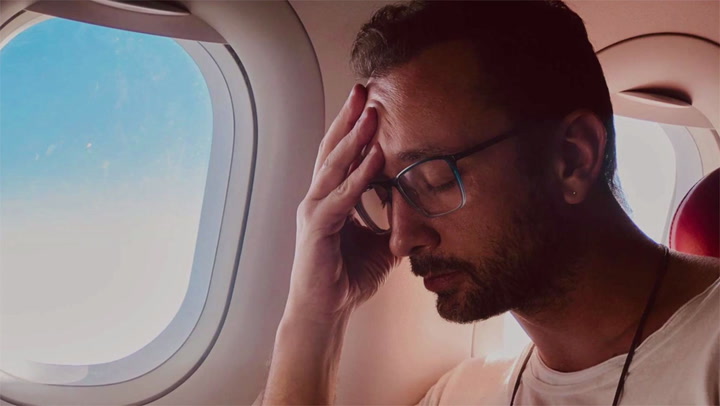No one wants to get sick while traveling. Contaminated water should be an important concern for any tourist who doesn’t want to lose vacation days to illness. Cholera, Hepatitis A, and typhoid are just some of the water-borne illnesses affecting parts of underdeveloped countries, according to clinical pharmacist Elizabeth Bunk, who administers vaccines and medications to travelers at Duquesne University. Here are four ways to avoid getting sick while traveling, and advice for what to do if you need to see a doctor in a foreign country.
Use Bottled Water
Travel health professionals strongly advise sticking to bottled, carbonated, and even canned water, and to refuse bottled water at restaurants if it’s brought to the table with the cap opened. This simple practice can significantly reduce the risk of waterborne diseases during your travels.
Avoid Salads
Eating steamed, boiled, or fried vegetables instead of salads rinsed in water also reduces the risk of illness. This is particularly important in areas where the water supply might be contaminated.
Sanitize Everything
Carry wet wipes and hand sanitizer everywhere you go. Opt for disinfecting wipes (Clorox and Lysol are among the most popular brands) to wipe down airplane seats and surfaces in your hotel room to kill bacteria, viruses, and fungi. Furthermore, use hand sanitizer or gentler hand wipes to clean your hands if you don’t have access to soap and water.
Use a Purifier
In rural areas and smaller villages, purify water with iodine pills (unless you’re pregnant or have thyroid problems) or alternatively chlorine pills. For the most remote locations, water purifiers are the safest option. Try the Steripen Ultra, which has a UV lamp to kill bugs, microbes, and bacteria. Alternatively, consider the Lifesaver water bottle, which uses nano-filtration to remove viruses, bacteria, cysts, and parasites from contaminated water.
If You Get Sick While Traveling
Before leaving for your trip, check with your insurance to see if you’ll be covered in case of emergency, and make a note of any English-speaking doctors in the area you’re visiting. If you do get sick while traveling, you can contact your nearest U.S. consulate or embassy for assistance in finding a healthcare provider.




